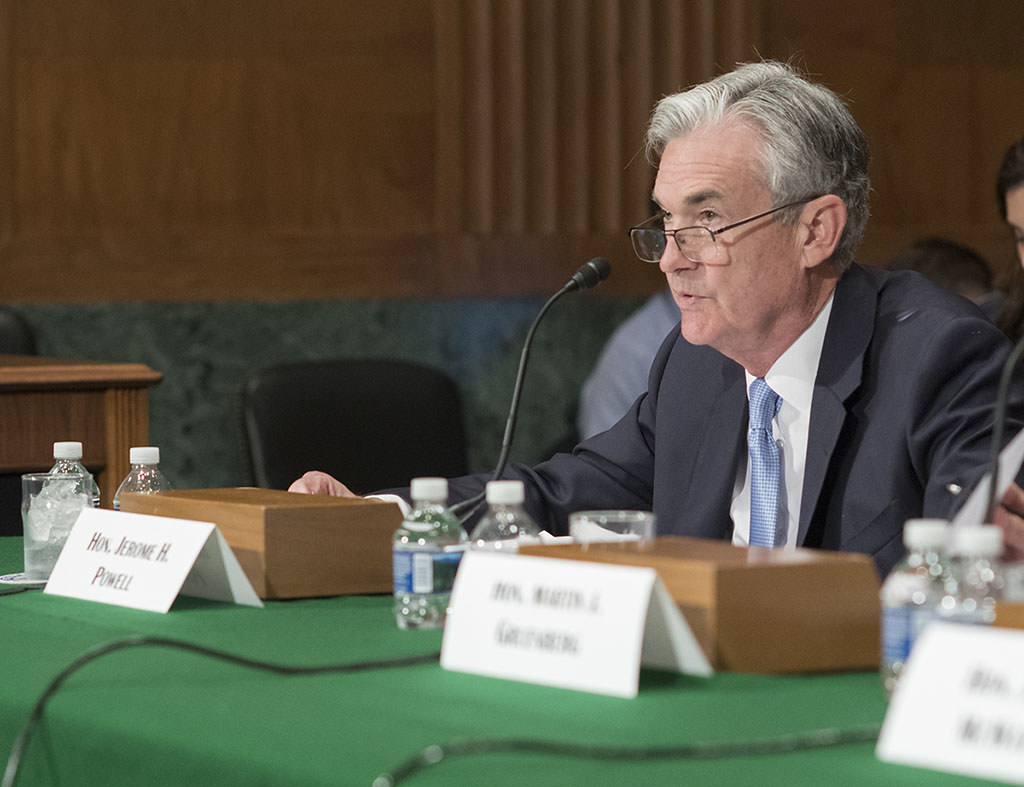The Revolving Door Project makes a point of watching independent agencies, those oft-overlooked entities, closely. As a result, we’ve had reason to give a great deal of thought to the purpose and meaning of “independence” in the agency context. As “independence” is invoked as a shield in other settings, that thinking may prove instructive.
While the designation “independent” is frequently applied to agencies quite loosely (to mean any entity that is not a Cabinet department), we have tended to favor greater precision. Specifically, we have looked for some indication that the agency’s decisions are somehow insulated from partisan or Presidential pressure. In the case of agencies, this occurs in two main ways: the agency has a multi-member board and/or its leadership is protected from removal except for cause. With these layers of protection, agencies are empowered to make decisions, whether in the form of rulemaking or enforcement, that may differ from party or presidential preferences.
How might this apply elsewhere? At present, Federal Reserve leadership is seeking to paint an Inspector General’s investigation into potential instances of insider trading as “independent.” Notably, many press outlets have adopted the characterization uncritically, or come to it “independently.” But can the Inspector General really be said to be independent? Are they insulated from distorting influences, in this case from the board members they are charged with investigating? Hardly. The Federal Reserve Board of Governors not only appointed Inspector General Mark Bialek, but has the power to remove him at will, by a vote of two-thirds of its members. (Note that three of six Governors have had their trading come under public scrutiny, and it is not unimaginable that more could become implicated).
Inspectors’ General lack of independence was made painfully obvious during the Trump years as the President purged those who unearthed damaging information on his appointees. However, the set up at the Federal Reserve is even weaker than at Cabinet departments; it is analogous to having given then-Secretary of State Mike Pompeo the power to fire the State Department’s Inspector General for investigating him, rather than making Trump himself own the termination.
The weaknesses revealed under Trump have led to proposals to extend for cause removal protections to Inspectors General. These sort of structural reforms are welcome and necessary. But, in the case of the Federal Reserve, we cannot wait for those reforms to be passed. Luckily, as we at Revolving Door Project have highlighted, there are multiple routes to fully independent investigations. The Federal Reserve should refer these cases to the Department of Justice and the Securities and Exchange Commission, institutions over which the Federal Reserve Governors have zero influence. And as we have long argued, Congress should step up and perform its Constitutionally critical role of oversight of the executive branch.
It is time for subpoena cannons — but in the meantime, we are doing the best we can by issuing an avalanche of urgent FOIA requests.

